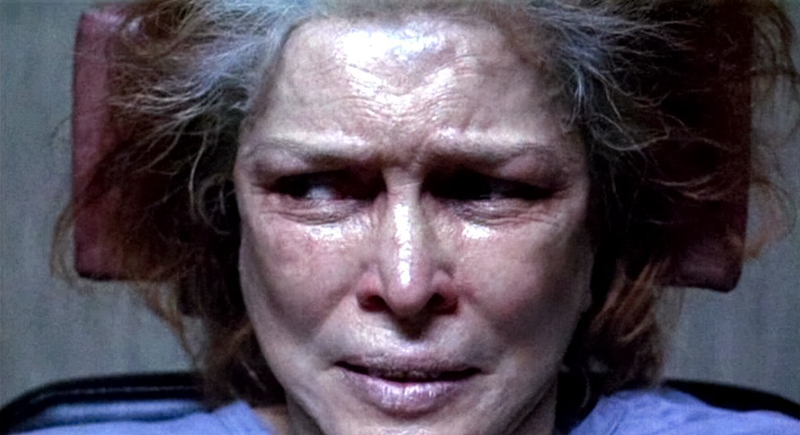
Film is, to a noticeable extent, an ageist institution. There are seldom mainstream roles for ageing actors and actresses. In particular, very talented actresses have to compete fiercely for a very small selection of roles.
Even when there are roles for these actors, they are usually relatively insignificant. Arguably, the lack of roles, and more pertinently, the lack of meaty roles for ageing performers has strongly contributed to the vast decline of the careers of cinematic legends such as Robert De Niro, Faye Dunaway and Dustin Hoffman.
This saddening fact about the state of the cinematic realm does not preclude great performances of ageing actors when given the appropriate source material to work off.
Indeed, there has been many memorable performances by actors, specifically over 60, that have left their mark on history. Compiling their performances into one list is important to duly recognise their collective achievements in film.
15. Michael Caine in Harry Brown (2008)
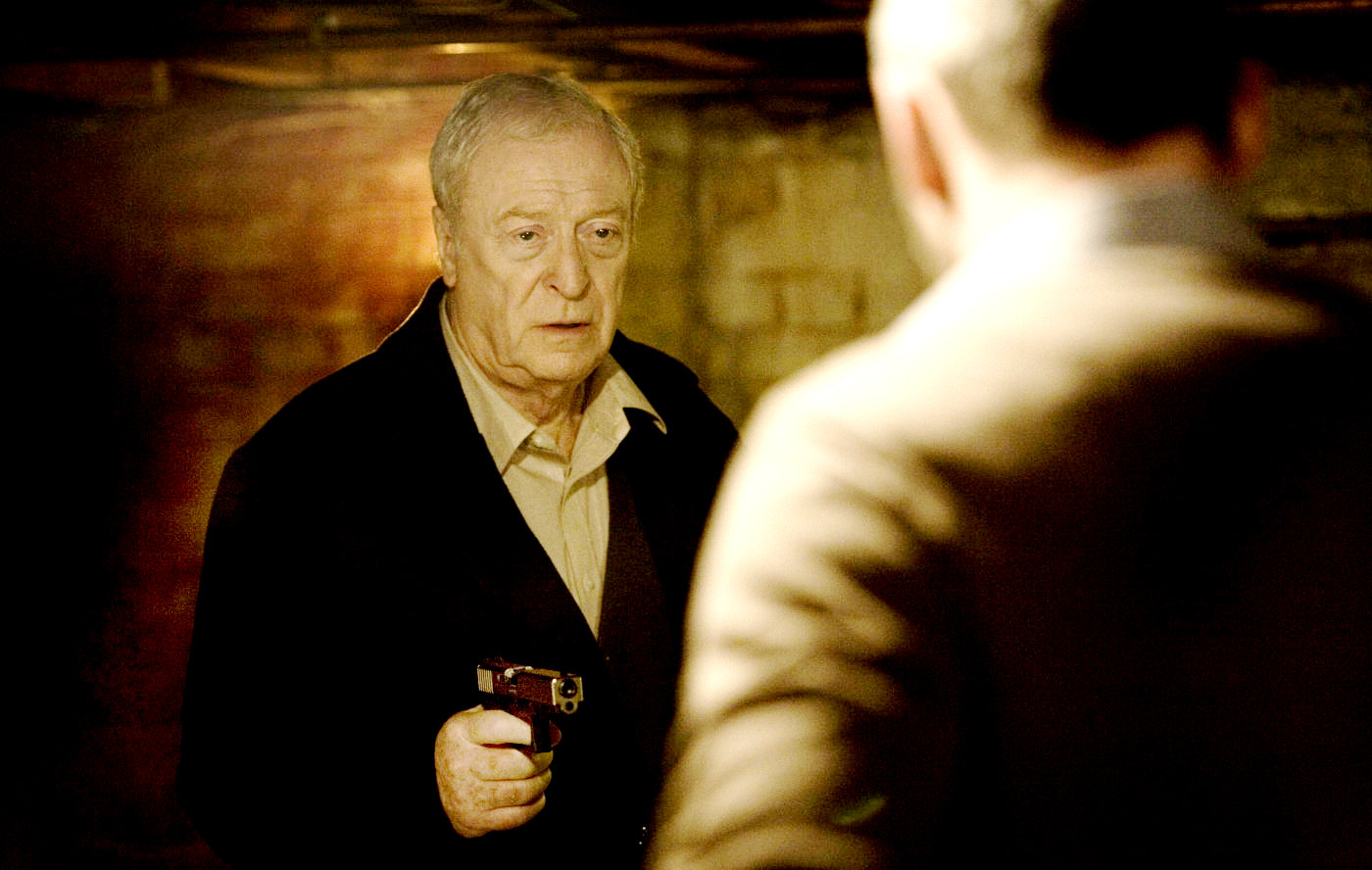
Harry Brown is by no means a fantastic film. But, it is a nicely rounded thriller that plays better than most of its genre counterparts.
As the titular character, Harry Brown is a man soured and worn by experience. He has little tolerance for the illegal, reprehensible activity of English youth in the nearby tunnel. When his friend Leonard (David Bradley) is killed, Brown is galvanised into a compulsion for revenge.
The fact that Caine is playing a retired, aging man is central to the character of Harry Brown. Caine’s performance ensures that he can drift into the loneliness that comes with age just as easily as he can convert Brown into an agent of unadulterated revenge. In fact, the way that Caine shows these ideas are interwoven i.e. that Brown’s loneliness means that the loss of his friend is enough for him to jump into homicidal action.
In Harry Brown, Caine both turns the clock back but also stays true to the essence of the character.
14. Tommy Lee Jones in In the Valley of Elah (2007)
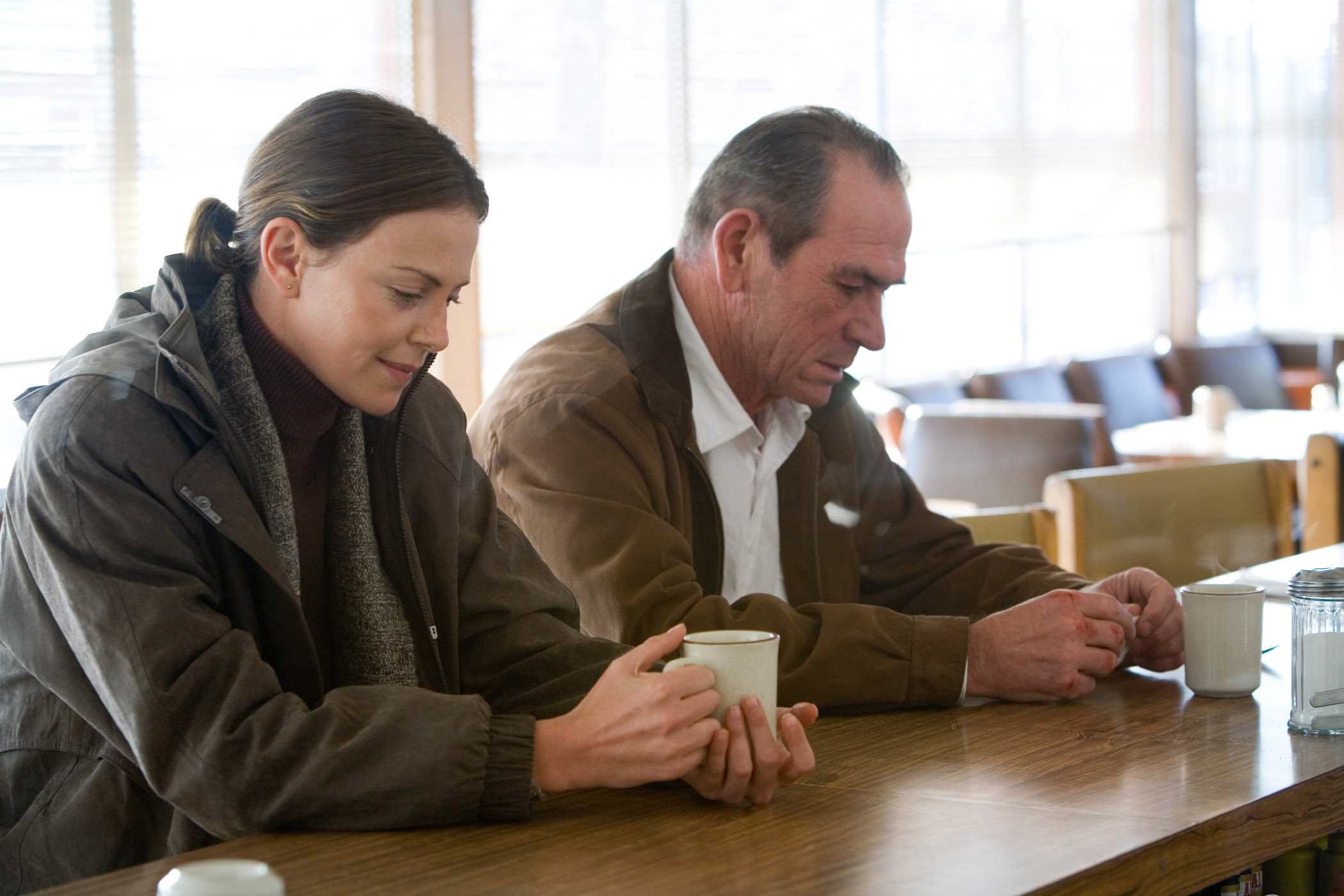
Hank Deerfield is a father who finds out that his son who has returned from Iraq is missing. Soon thereafter, he finds out that his son his dead. The film follows Hank (Tommy Lee Jones) as he indefatigably searches for answers and for justice. As a result, the film’s success was wholly dependent on how Jones delivered his performance.
Hank, a former military man himself, reacts to his son’s death as a regular masculine American father would, by wanting answers. Due to the knowledge he had accumulated in the military, Hank takes it on himself to find out the cause of his son’s death himself. This involves undermining military orders, but Hank cares nonetheless.
For most of the film, Jones maintains his iconic hardened facial expression to great effect. Simultaneously, Jones shows Hank’s anger, cold masculinity, his thirst for justice, while cloaking the unspeakable sadness that he holds within him.
Expressing this suppressed sadness is perhaps Jones’s greatest feat in the film, and it adds a layer to his character; namely that Hank is not solely motivated by rage, but by much more complex emotional attachments he had for his son.
The film’s predication on Hank’s journey allows Director Paul Haggis to explore political questions about the U.S invasion of Iraq and the effect that it had on ordinary American lives. Jones is a great facilitator of this, and his unburdens himself from the pressure of being the centre of the film by always playing it to true to his character and the world in which the film takes place.
13. Jack Nicholson in The Departed (2006)
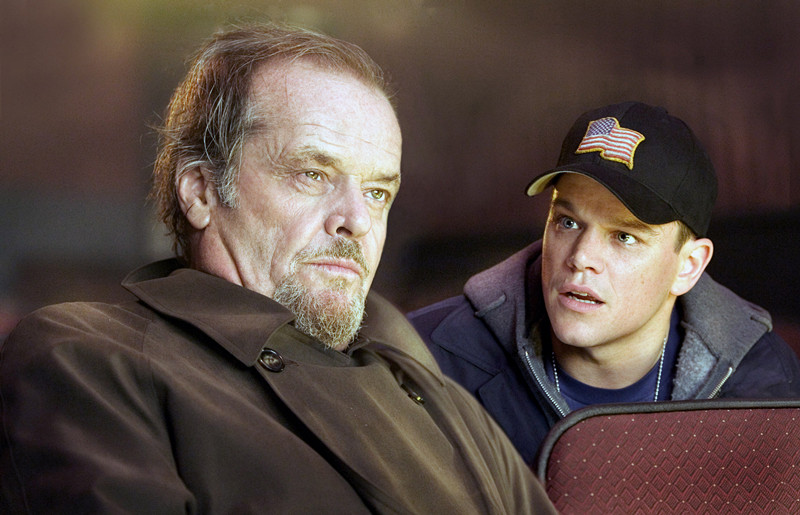
The Departed is Martin Scorsese’s gritty crime drama that takes its points from noir directors such as Don Siegel and Sam Fuller. The film, which is a remake of the 2002 Hong Kong film ‘Internal Affairs’, is predicated on conflict of narrative and identity between an undercover gangster in the police force, Colin Sullivan (Matt Damon), and an undercover cop in the mafia, Billy Costigan (Leonardo DiCaprio).
This focus does not preclude others in the film from delivering memorable performances. Mark Wahlberg as a loud-mouthed detective leaves a mark on the film just from his recitation of profanity-laden one liners.
Jack Nicholson, in one of his last film performances to date, plays the Gang boss Frank Costello. Costello is an imposing, larger than life character who has maintained uninterrupted success through his criminal endeavours in “Southie”, Boston. Nicholson, probably knowing that his career was coming to an end, embraced the sheer manic properties of the character.
In an intense interaction with DiCaprio’s Costigan, Nicholson snuck a gun onto the set, and successfully incorporated it into the scene with the help of DiCaprio’s adaption to the new conditions of the scene. It is readily observable that Nicholson makes the most out of this opportunity to “ham” it up.
Even amid his mania, Nicholson brings a odd sense of paternalism to the role. This is important in adding a layer of thematic complexity to his character, as we see that the mafia organisation that Costello has fostered is more akin to a family or fraternity than a ruthless gang.
Nicholson emanates this primarily in his dealings with Costigan and Sullivan, acting as a kind of angrily expectant father figure to both of them. Without this addition to his character, Costello might have been little than a sideshow to the main event of The Departed.
12. Sigur Sigurjonsson in Rams (2015)
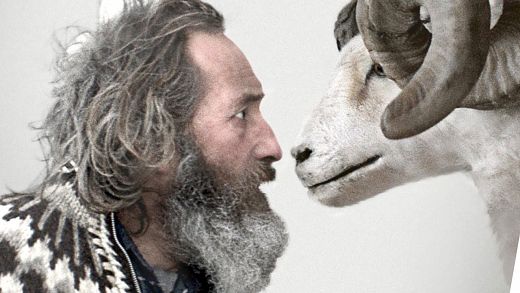
Rams is a film ostensibly about rams. Behind that very appealing façade lies a powerfully quiet message of brotherhood and reconciliation. It is a story about Gummi (Sigur Sigurjonsson) and Kiddi (Theodor Juliusson), two brothers competing for a medal for the best maintained rams. Once the ram community collapses, Gummi and Kiddie lock horns in conflict.
The film is situated in a secluded, quiet part of Sweden. The acting fits in accordance with this setting, and this creates a tense atmosphere. Specifically, Sigurjonsson captures the aesthetic the film is going for, by primarily conveying his character’s meaning and conviction through his rusty, physical movements and lifeless facial expressions.
We know that, despite Gummi’s love of sheep, it merely masks a bigger problem with his life in the small town: that he has no close personal relationships. Once he does make amends with his brother, Kiddi, Sigurjonsson evokes the long lost love in his very performance, and we are revitalised by this development.
11. Charlotte Rampling in 45 Years (2015)
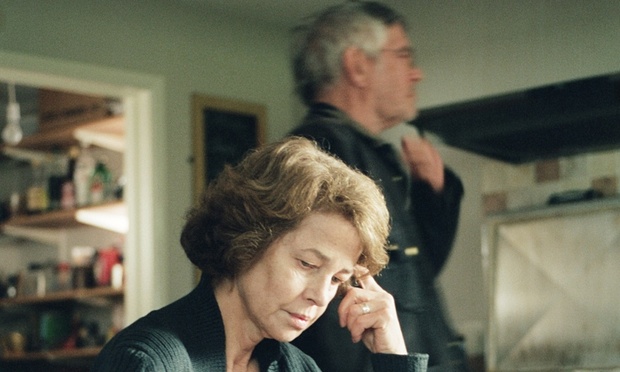
45 Years is a British film which bears no rigid narrative. It charts the week leading up to a couples 45th marriage anniversary. As a result, the film is very reliant on the performances of Charlotte Rampling and Tom Courtney to attribute meaning to their respective characters.
Courtney is solid as the distant husband. It is Rampling, though, who is gifted with the best part. And she makes use of it. Rampling for the first two acts acts as any wife who is approaching a significant anniversary; content, quietly expectant.
Amid this, Rampling gives us a tangible sense that her character is somewhat disconcerted by the revelation that her husband still has possession of photographs of him and his old girlfriend.
As this development gives rise to a strong indication that the marriage has been based on a false premise of unprecedented love for both characters, Rampling’s taut smiles give way to an unresponsive posture and distant looks. Her dissociation from her husband, and her lack of interest in the anniversary conveys the gravity of the situation.
The last 45 years of her life had been a lie, and Rampling is more than up to the task of showing us that. It is a very poignant portrayal.
10. Ruth Gordon in Harold and Maude (1971)
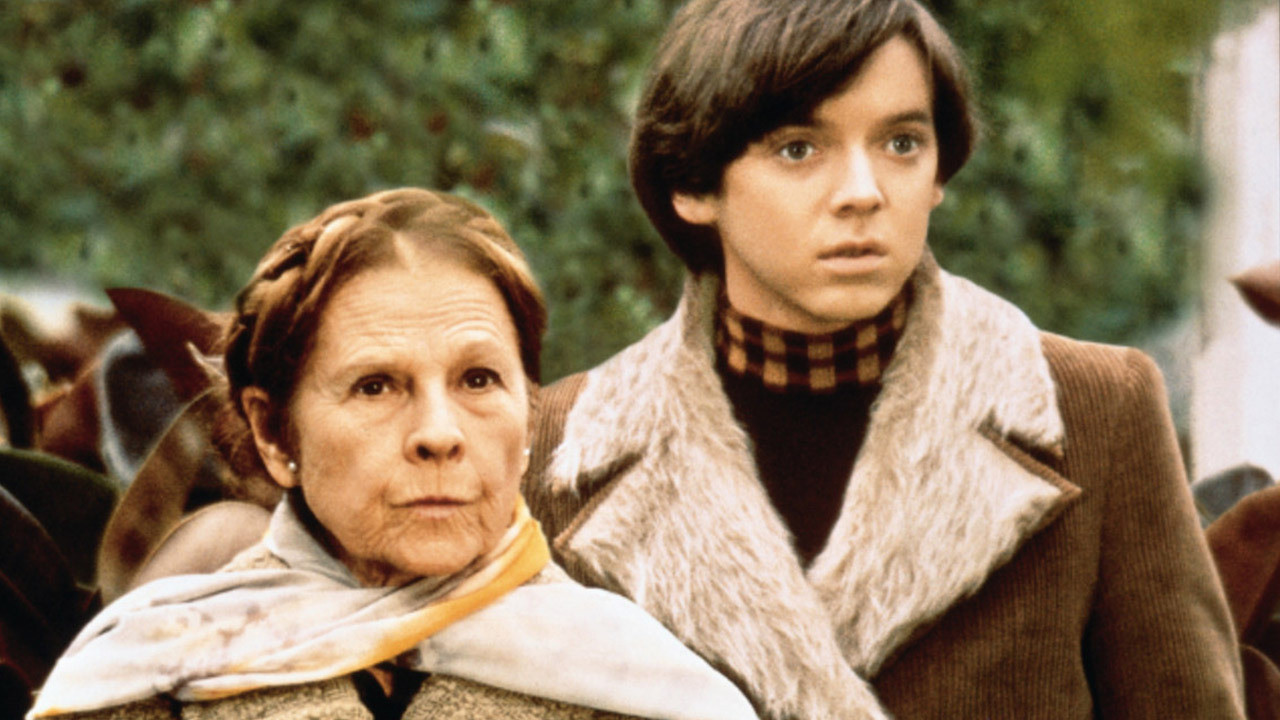
Harold and Maude is an odd film. And that’s what makes it so special. Without the great work of Ruth Gordon and Bud Cort this film could have easily flopped and been forgotten long ago.
Cort fantastically exploits Harold’s morbid obsession with death with a quiet bravado, while Gordon physically and vocally imposes herself on the action with a humorous maternal conviction.
It is fair to say Harold and Maude relies on its actors to inject meaning and humour into the screenplay. Not only did they manage to do that, but Cort and Gordon had a kinetic chemistry that stands remembered to be today. Specifically, Gordon uses the oddities of her character to bounce off Harold’s idiosyncrasies, which really shows that the characters belong together.
9. Henry Fonda in On Golden Pond (1981)
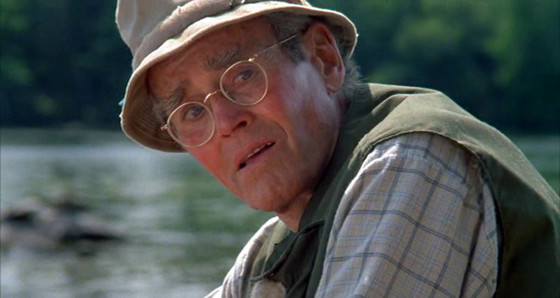
Henry Fonda’s acting career featured many cinematic accomplishments, some of which included 12 Angry Men (1958) and Once Upon a Time in the West (1968). He was defined by his performances in the mid part of his career, as he was one of the main leading men in the ’50s and ’60s. Of course, this did not preclude Fonds from giving a memorable performance as Norman Thayer.
Through Fonda’s fumbling, excessively loud start to the film, we instantly understand the core of Norman’s character. That is, that Norman is feeling the effects of his age, and that he is an imposing man. Fonda maintains these two core themes in his character for the entirety of the film, and his layered performance ensures that Norman becomes more incrementally complex despite never really evolving or changing.
Norman’s insolence is sometimes distancing for us and the other characters, and other times amusing and warming. Chelsea (Jane Fonda) doesn’t take Norman’s disposition too well, while his wife Ethel (Katherine Hepburn) is unfazed by it. If anything, she embraces it. This consistency of performance allows us to see Norman’s natural relationships within the world of the film.
Despite his uncaring exterior, Fonda still manages to inject a sense of buried love for his family. Without letting this shine through, Norman would probably be an unlikeable character. Particularly in his interactions with Ethel, and Chelsea’s stepson, Billy, Norman lets fall his frustrated, bitter facade, which shows us a more accommodating, amicable side of Norman.
By way of Fonda’s performance, we get to see the joys of old age and the frustrations that it brings. It paradoxically is a restful time with loved ones, but also filled with reasons to be angry with the world. That love eventually wins out for Norman, though.